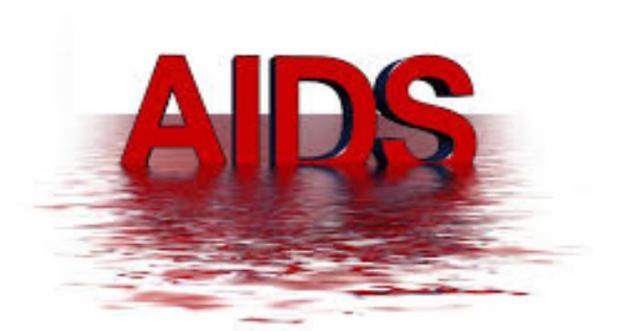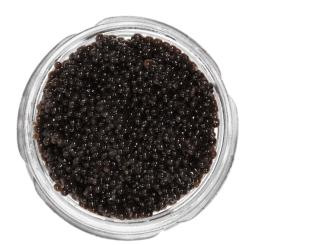
eMessage:
According to this message, which has circulated via text messages and social media posts since around August 2013
eMessage made by – Social media and internet
Confirmation by Ayupp.com – FAKE
More Samples
According to this message, which has circulated via text messages and social media posts since around August 2013, consumers should avoid eating canned fruit from Thailand because it may be contaminated with HIV. The message claims that more than 200 people with HIV were instructed by an unidentified "leader" to contaminate products in a Thai canned food factory by dripping their blood into the cans.
The message further claims that the Thai Government's Ministry of Health has confirmed the contamination story.
Ayupp Analysis –This is fake news. The message is itself clarified by several social network users.
However, the claims in the would-be warning are utter nonsense. There are no credible reports that confirm the claims in the message. Moreover, far from confirming the story, the Thai Government has in fact denied any such incident and debunked the rumours as false.
And, in any case, the claims have no scientific credibility whatsoever. HIV cannot live very long at all outside of the body. Thus, even if a person with HIV had dripped blood into a food product during the canning process, there is virtually no chance that a person who later ate the product would be infected. In an article about HIV transmission, the US Centers for Disease Control and Prevention (CDC) notes:
No incident of food being contaminated with HIV-infected blood or semen has been reported to CDC. Furthermore, CDC has received no reports of HIV infection resulting from eating food, including condiments. HIV does not live long outside the body. Even if small amounts of HIV-infected blood or semen was consumed, exposure to the air, heat from cooking, and stomach acid would destroy the virus. Therefore, there is no risk of contracting HIV from eating food.
The CDC further explains:
Scientists and medical authorities agree that HIV does not survive well outside the body, making the possibility of environmental transmission remote.
In fact, the false warning is just one in a series of HIV and AIDS related Internet hoaxes that have circulated for years on end. This version of the hoax is reminiscent of another widespread - and equally untrue - rumour that claimed that a worker had deliberately contaminated various Pepsi products by adding HIV infected blood at a bottling plant. And another variant that has circulated since 2006 falsely claimed that a child had died of AIDS after eating take-away food that contained blood from a cook with HIV. An even earlier version made the false claim that HIV contaminated blood was being deliberately added to ketchup containers in fast-food restaurants.
And a whole set of related rumours have claimed that sinister gangs have been placing HIV contaminated syringes under petrol pumps, on theatre seats and in other strange places. These rumours also have no substance.
Spreading such lies serves only to cause confusion and alarm and give fuel to the damaging myths that have long circulated about HIV and AIDS. If you receive one of these HIV related hoaxes, please do not pass it on to others. And please take the time to let the sender know that the information in the message is invalid.



























